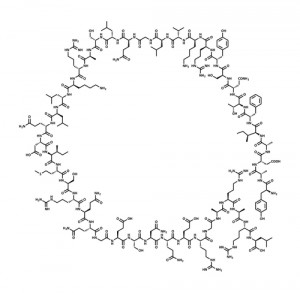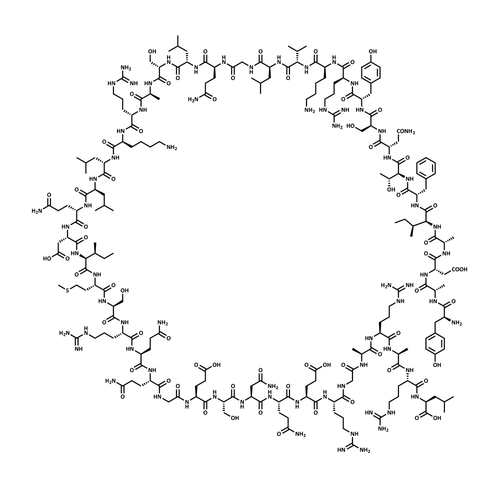 Biopharmaceutical company Biscayne Pharmaceuticals Inc. announced that they will present data supporting the anti-cancer potential of their growth hormone-releasing hormone (GHRH) technology, which will be featured in a presentation at the American Society of Clinical Oncology’s (ASCO) Breast Cancer Symposium 2014, taking place this week in San Francisco, California. To be introduced by Biscayne’s Medical Director Norman Block MD, who is also the clinical director of the Endocrine Polypeptide and Cancer Institute at the Veterans Affairs Medical Center in Miami and the L. Austin Weeks Family Professor of Urologic Research at the University of Miami Miller School of Medicine, the lecture will focus on recent cancer research breakthroughs.
Biopharmaceutical company Biscayne Pharmaceuticals Inc. announced that they will present data supporting the anti-cancer potential of their growth hormone-releasing hormone (GHRH) technology, which will be featured in a presentation at the American Society of Clinical Oncology’s (ASCO) Breast Cancer Symposium 2014, taking place this week in San Francisco, California. To be introduced by Biscayne’s Medical Director Norman Block MD, who is also the clinical director of the Endocrine Polypeptide and Cancer Institute at the Veterans Affairs Medical Center in Miami and the L. Austin Weeks Family Professor of Urologic Research at the University of Miami Miller School of Medicine, the lecture will focus on recent cancer research breakthroughs.
GHRH releases hormones responsible for the growth and tissue repair of brain cells. As a part of ongoing research, renowned scientist and Nobel winner Andrew V. Schally discovered that other cells throughout the body, including cancer cells, also have receptors for GHRH. Cancer cells not only hold GHRH receptors, but also produce GHRH hormones, enabling their own growth. Based on the discovery, which was licensed by Biscayne, the company is developing GHRH antagonists aimed to block the tumor growth, as well as the activity of the receptors on cancer cells.
“Extensive studies in preclinical models gave us confidence that GHRH is an important driver of tumor growth and that antagonists of GHRH might have potential as effective anti-cancer agents,” explained Block, who is conducting research in collaboration with Schally. “This new study using tumor samples from breast cancer patients further confirms the potential relevance of those findings to human disease and supports our goal of rapidly advancing our lead GHRH antagonist into human clinical trials.”
[adrotate group=”3″]
Previous research work relating GHRH and cancer was performed using preclinical models. The company announced that during the Breast Cancer Symposium 2014 poster presentation, Block and his colleagues will deepen the information about GHRH, and their research with specimens from breast cancer patients, which lead to the conclusion that the majority of breast cancers including both primary and metastatic tumors are GHRH-receptor positive confirming the validity of GHRH as a potential therapeutic target for new breast cancer drugs.
Currently, Biscayne’s GHRH antagonists are in preclinical development for the treatment of cancer. The animal studies already conducted suggested promising anti-tumor activity and the company believe that the GHRH antagonists may have therapeutic potential in many types of tumors besides breast cancer.

